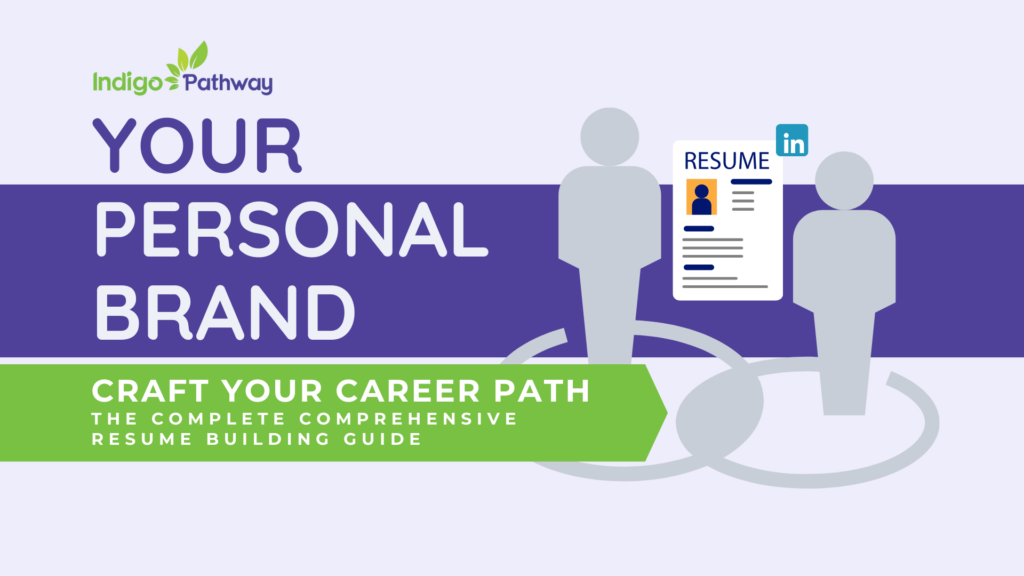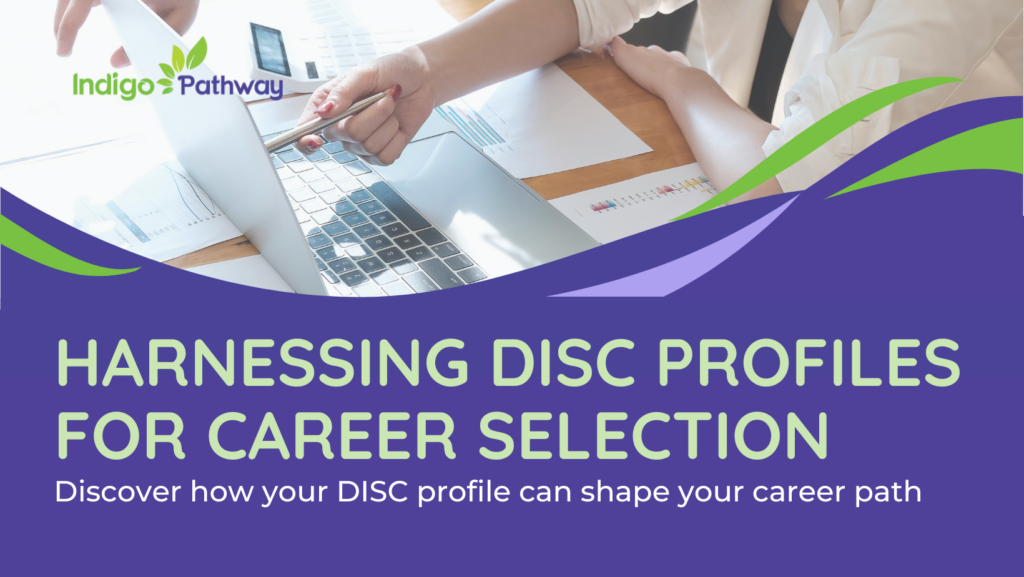Setting Yearly Goals: How to set and achieve goals in the New Year

We don’t want to live aimless lives. We want to be able to look back one day and say, “Look at what I’ve accomplished and all the wonderful experiences I had along the way!” Unfortunately, that doesn’t just happen—we have to make it happen. That requires setting goals.
With the New Year fast approaching, it is time to set our yearly goals. Start it off right by brushing up on the importance of goals, how to articulate our ambitions, and how to set and achieve our personal and professional aims.
Why are goals important?
Setting goals is a valuable practice in so many ways. The process:
- Helps us focus
- Motivates us to action
- Aids us in sustaining momentum
- Keeps us accountable
- Helps us learn about ourselves
- Encourages healthy behaviors
–and–
- Gives us confidence, pride, and character
How to come up with goals
Now that we see all the ways that setting goals can benefit us, how do we get started? Where do we get these goals? And what if we aren’t sure what it is that we want?
Journaling
One really useful way to discover and develop your goals is to journal. According to the International Association for Journal Writing, journaling can help:
- increase self-awareness
- create clarity for decision-making
- track progress and personal growth
- celebrate successes
It is “a powerful tool for personal growth, self-discovery” and is “used by many successful people…to achieve success in life and work.”
Try to start with some general questions, like:
- What problems do I want to solve in the world?
- In what ways do I enjoy expressing myself?
- What activities bring me happiness and balance?
- When do I feel the most bored and restless?
- When have I felt like I was making a difference?
- When have I felt most proud of myself?
- What details/skills do I feel I need to be successful?
Journaling on these questions will help you gain greater self-awareness and give you insight into goals you’d like to attain and the actions necessary to attain them. Don’t worry about the endgame here, write what you feel. Then, go back and see what clarity or purpose you can find from your writings.
Talk it out
If journaling just isn’t your thing, or if you want some additional guidance, try talking. Whether you sit down with a friend or family member, a therapist, or a career pathway counselor, just getting your thoughts out might guide you toward some helpful goals.
Ask the same or similar questions to those listed above, but also, ask for insight from the person you’re speaking with. Are there things they may have noticed about your habits, interests, experiences, or personality that might help you set some goals?
How to set and achieve goals
So, you have an idea of what you’d like to achieve. Now what? Well, it’s time to articulate those goals and work toward accomplishing them. Here’s a handy how-to:
1. Write down your goals
You are 90% more likely to achieve goals if you write them down. Get out a notebook, a journal, a whiteboard, whatever will help you to visualize and articulate your goals clearly, and write them down.
2. Prioritize
Decide which goals are most important to you right now and be honest about how much you can do at once. If you have too many goals and are stretched too thin, you might get overwhelmed and give up. You are more likely to accomplish when you focus on only a couple of things at a time.
3. Make it specific
Come up with a detailed and precise plan. Write down the when, where, and how of your goals. The clearer you are about the particulars, the easier it is for your mind to accept and execute. For instance: I will apply to at least 10 jobs when I get home from class tonight at 6 pm, using ZipRecruiter.com.
4. Keep it clear and simple
Boil your goals down to the simplest terms. Just like with anything else, it is easier for us to visualize and remember direct, short ideas.
5. Break it down into smaller parts
If your goal is to climb a 14k foot mountain, you wouldn’t just show up at the trail tomorrow. You’d need to train, get equipment, check the weather for the right time of year, do some research on your approach, etc. This is the same with all goals. Break your goal into smaller parts and schedule those accordingly, building up to your ultimate target.
6. Plan your first step
In line with step five, make sure that you take a first step. What can you do to start your journey toward your end objective? And design that first step to be achievable. You want to start off with a win, it will propel you toward your aim.
7. Tell someone
We’d love to always be accountable to ourselves, but let’s face it, we let ourselves get away with everything! Tell a friend, family member, or counselor what you’re working toward, and let them help you stay your course.
8. Use visual cues
Visual reminders are vital to keeping us on task. Put a photo up of the view from the mountain you want to climb. Create a calendar of your smaller goals with gold stars when you complete them. Even a post-it note on your laptop reminding you of your goal will keep it in mind from day to day.
9. Keep up the good work
Keep going! Some days might be tough. Some days you might be completely derailed. Keep working, keep your eye on the prize, and get up the next day to try again.
10. Congratulate yourself!
Celebrate! Every win is worth celebrating. When we feel good about what we’ve done, we keep doing! Pat yourself on the back, give yourself a treat, and then happily move on to the next task.
How to come up with career goals
All of the ideas above apply to both personal and career goals. However, the Jaime Casap method of career goal planning resonates with us. Casap wants you to ask yourself four questions when creating and setting career goals.
1. What problem do you want to solve?
This doesn’t have to be a problem on a global level, it just has to be what interests and inspires you. It could be that you want to make sure that people have reliable transportation!
2. How do you want to solve it?
What is your strategy for solving this? Do you want to work on a city transportation planning council? Do you want to engineer and design cars? Or do you want to be a trustworthy mechanic?
3. What do you need to know to solve that problem?
What information is necessary to work in these areas? Do you need to go to college or trade school to get this info? Do you need to do specific research?
4. What experience and skills can you build?
What degrees, certifications, experiences, or training would help you to build the skills you need to solve this problem? How can you acquire or build those skills and experiences?
Working through these questions does take a little time and effort, but you end up with specific actions that fortify your career pathway.
In conclusion
“If you stick to your goals, and lead a life grounded in purpose, your journey will feel alive and satisfying.” —Sheri A. Smith, M.A., Assessing Your Genius 101
A new year brings new possibilities. Make your 2022 a productive and fulfilling year by setting and accomplishing your goals. If you need help along the way, take Indigo Pathway’s free career pathway test. Ten minutes of your time can identify your personal strengths, motivators, and behaviors, guiding you toward the career path that’s right for you! And we have career transition coaches and other resources available to help you make your goals a reality!







Responses